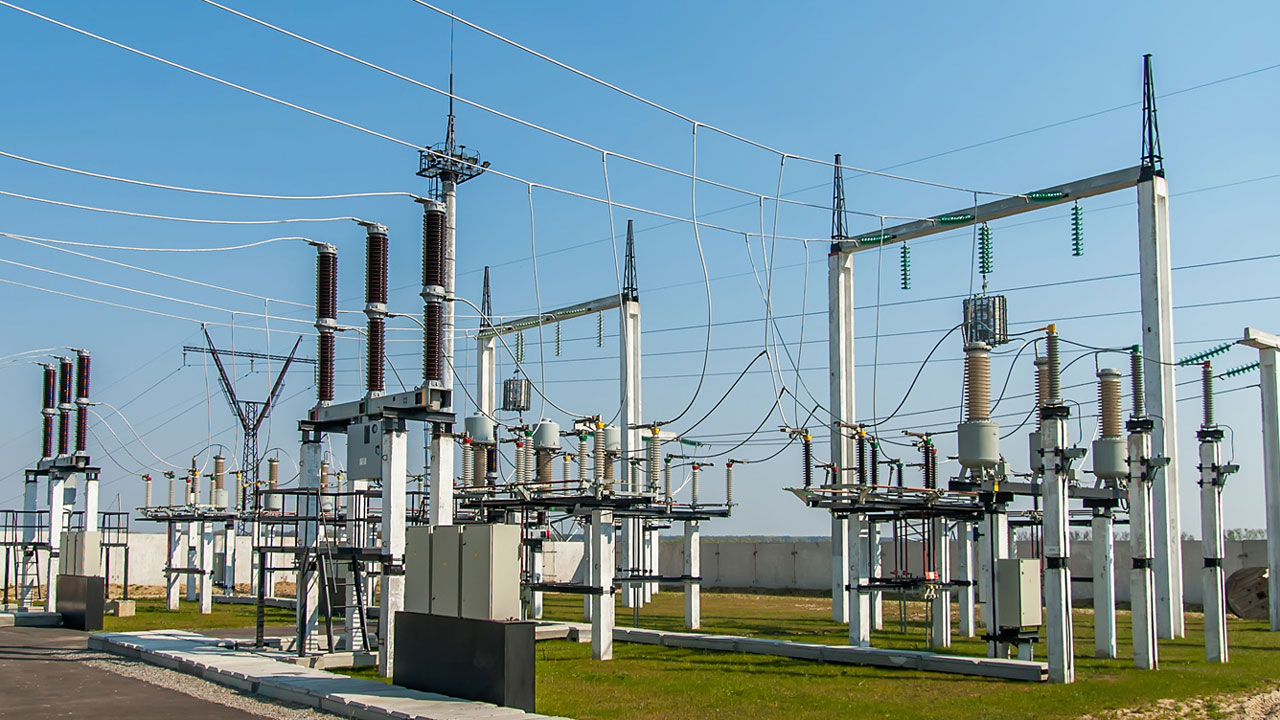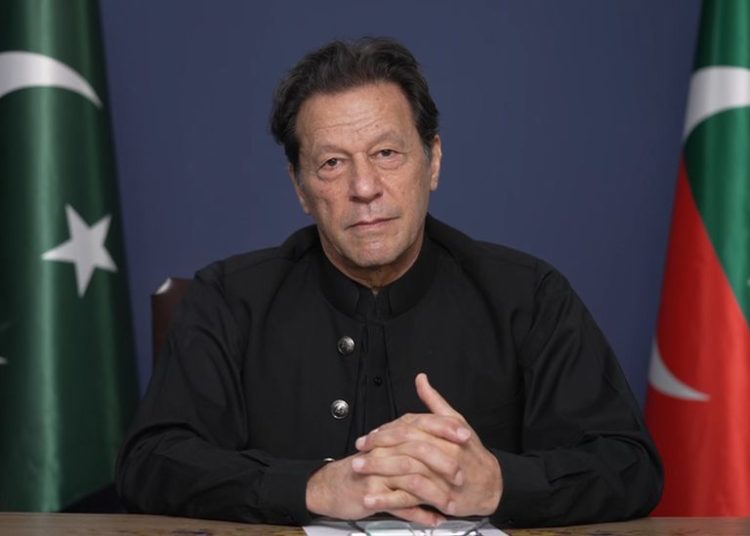In a landmark move, the federal cabinet on Wednesday approved Pakistan’s largest-ever financial restructuring initiative to address the country’s chronic circular debt in the power sector. The plan targets the elimination of Rs1.275 trillion in circular debt over six years without burdening the national budget, marking a major stride toward long-awaited energy sector reform.
According to a statement from the Prime Minister’s Office, the cabinet, chaired by Prime Minister Shehbaz Sharif, described the plan as a “historic milestone.” It includes refinancing Rs683 billion held by the Power Holding Company and clearing overdue payments to independent power producers (IPPs). The restructuring, made possible through a deal with commercial banks, is expected to restore financial stability and improve investor confidence in Pakistan’s power sector.
The cabinet also lauded Finance Minister Muhammad Aurangzeb and his economic team for presenting a budget that balances fiscal responsibility with public relief. Prime Minister Sharif praised the team’s ability to avoid IMF-imposed taxes on agriculture inputs such as fertilisers and pesticides, a move that protects the struggling farming sector. He also highlighted tax relief for middle-income earners, noting that individuals earning between Rs600,000 and Rs1.2 million annually will now pay just 1% in income tax, down from 5% last year.
Addressing the escalating military conflict between Iran and Israel, the prime minister expressed grave concern and reaffirmed Pakistan’s solidarity with Iran. He condemned the Israeli attacks, which he said had resulted in the deaths of hundreds of civilians, and urged the international community to push for an immediate ceasefire. Sharif revealed he had spoken with Iranian President Masoud Pezeshkian and Turkish President Recep Tayyip Erdoğan to express support and discuss diplomatic efforts.
The prime minister also condemned the continued humanitarian crisis in Gaza, pointing to over 50,000 Palestinian deaths and asking, “When will the world’s conscience wake up?” He announced that Deputy Prime Minister and Foreign Minister Ishaq Dar would represent Pakistan at the Organisation of Islamic Cooperation (OIC) foreign ministers’ meeting in Türkiye on June 21–22.
Turning to governance matters, Sharif credited his administration for steering the country away from the brink of economic collapse—a veiled critique of the previous Pakistan Tehreek-e-Insaf (PTI) government. He emphasized that unlike past policy failures, his government had expanded the Public Sector Development Programme (PSDP) to Rs1,000 billion and secured additional fiscal space to meet national security needs.
He attributed recent strategic successes against India to the professionalism of Pakistan’s armed forces and the unity of 240 million Pakistanis. The cabinet acknowledged the leadership of Chief of Army Staff Field Marshal Asim Munir for reaffirming Pakistan’s commitment to national defense in a recent address to the Pakistani diaspora in the United States.
Further decisions included the appointment of Kamaluddin Tipu as chairperson of the Commission for the Protection of Journalists and Media Professionals, following recommendations from the Ministry of Human Rights. The cabinet also approved a key procurement exemption for the National Power Parks Management Company Limited to acquire services for the Rousch Power Plant and ratified legislative decisions from the Cabinet Committee on Legislative Cases.
Lastly, Prime Minister Sharif praised PPP Chairman Bilawal Bhutto Zardari and his diplomatic delegation for effectively presenting Pakistan’s case against Indian unilateral actions during their international engagements in the U.S. and Europe.
















